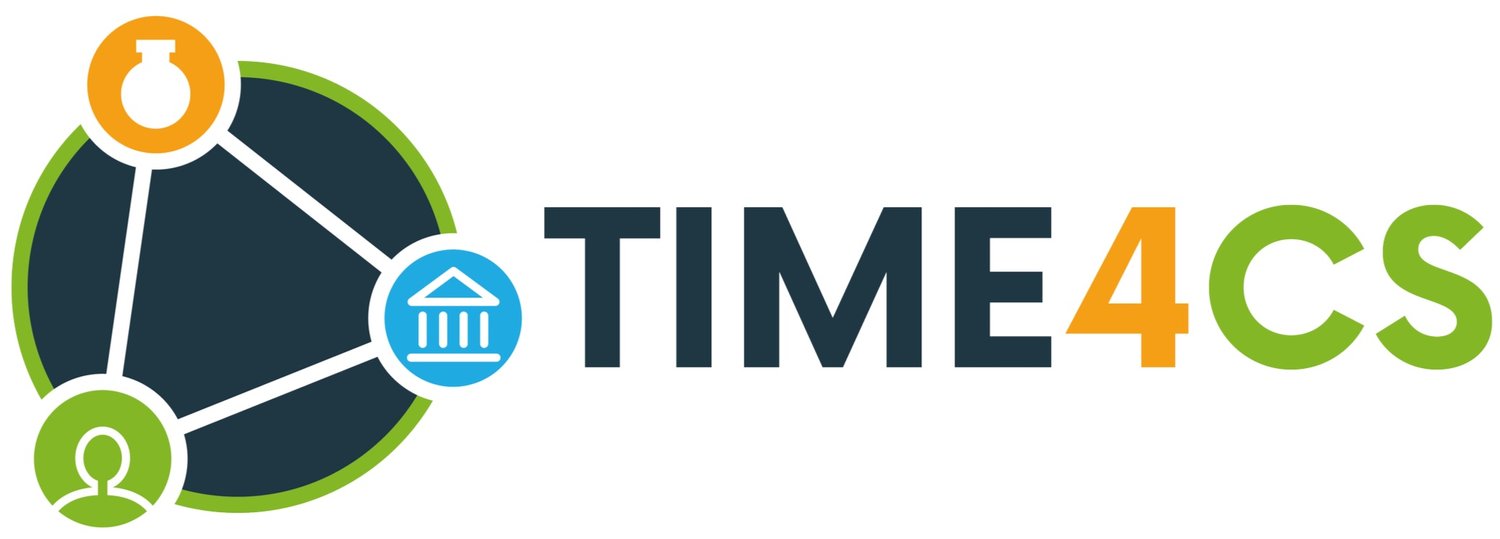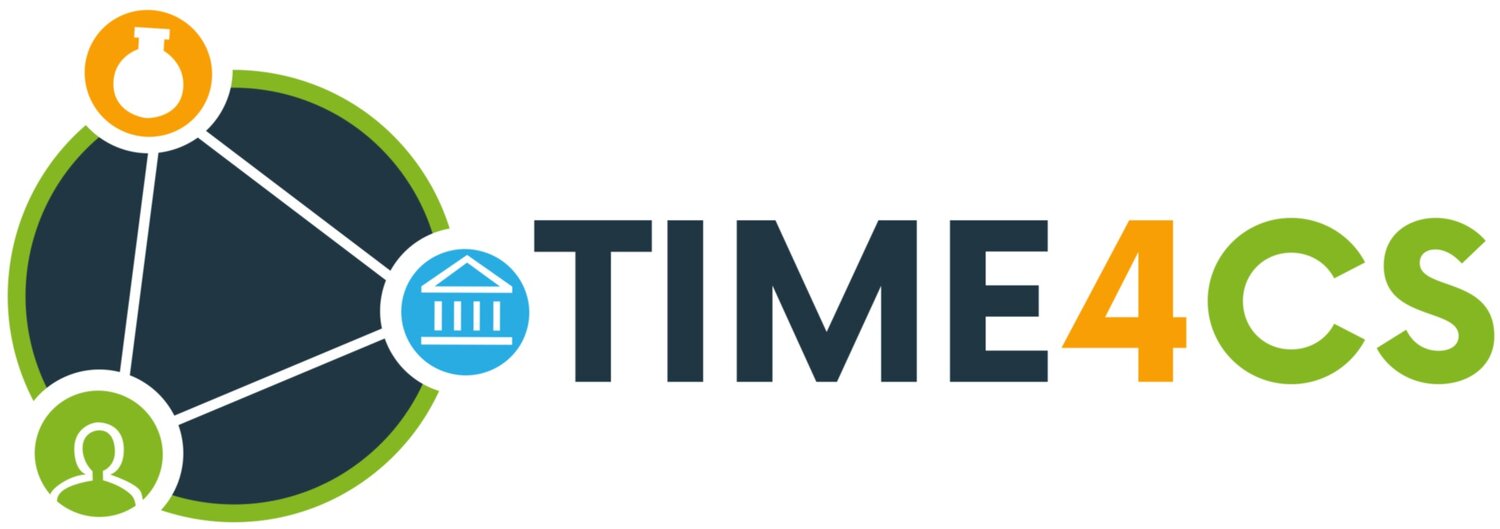This webinar will provide participants with a specific Citizen Science (CS) case study, which implies different levels of ethical and legal challenges, including GDPR compliance and various ethics dimension (i.e. research integrity, gender perspective, open access, public engagement, etc.). JoinUs4Health will present the project's methodology and the case study as a whole, highlighting the most sensitive aspects of its implementation to focus the participants’ attention on the needed interventions.
ETHNA System will then present its flexible ethical governance system, illustrating its optimal composition for the chosen case: which “columns” should be considered (code of ethics and good practices, ethics committee on R&I, ethics line) and which building brick to be implemented (research integrity, gender perspective, public engagement, open access), according to the issues raised by the case study as well as the institutional commitment and capabilities of the hosting organisation in these terms.
This event will serve a dual purpose: on one hand it will give participants an understanding of the necessary framework within which embedding particular CS projects/activities (as the chosen case study), on the other hand it will outline a customized “lookalike” institutional intervention to address the ethical and legal challenges raising from the case study.
Takeaway for participants:
Provide ethical/legal protocols tailored to the institution/national requirements
Develop protocols on implementation of CS activities
Develop plans for ethical and legal approval of CS projects
Birgit Schauer is a trained veterinarian with focus on infectious disease epidemiology, One Health and Responsible Research and Innovation. Since 2007, Birgit has been engaged in a series of interdisciplinary and inter-sectoral activities as part of various One Health initiatives:
Since 10/2020: Coordinator of a One Health project associated with SHIP (https://www2.medizin.uni-greifswald.de/cm/fv/ship/ship-next-one-health/)
12/2017: Short-term consultant for World Bank (REDISSE project; https://projects.worldbank.org/en/projects-operations/project-detail/P154807)
2016-2020: Involvement in the COST action NEOH (http://neoh.onehealthglobal.net/) and the JPIAMR project CoEvalAMR (https://coevalamr.fp7-risksur.eu/)
Since 2015: Researcher at University Medicine of Greifswald engaged in the Study of Health in Pomerania (SHIP1)
2013-2015: Primary investigator of work package 3 of the EU-FP7 funded project RISKSUR (https://www.fp7-risksur.eu/)
2010-2014 (intermittend): Online tutoring of South Asian students as part of four One Health courses organized by Massey University, New Zealand
2008-2011: Technical project manager of an avian influenza project in Vietnam
In late 2016, Birgit proposed a crowdsourcing concept to bridge the gap between science and public health2, which resulted in an informal needs assessment (Austausch-WIPH). As part of the H2020 SwafS project JoinUs4Health (grant agreement number: 101006518; 01/21– 12/23) the crowdsourcing concept was applied to cohort research and combined with methods of Responsible Research and Innovation.
Xavier Eekhout is a Biologist turned into EU project manager.
In 2002-2006 he worked as a researcher in the Museo Nacional de Ciencias Naturales, an institution part of Spain’s largest research organization, the CSIC (Spanish National Research Council). Working within the framework of museum’s animal sound collection (www.fonozoo.com), he participated in several research projects and co-authored several papers on animal acoustic communication and anuran behavior.
After specializing in international project management, in 2007 he was incorporated as a scientific manager in the FP6 Network of Excellence EDIT (Towards a European Distributed Institute of Taxonomy) for the technical and financial management of project within CSIC, including the secretariat of EDIT’s Science Policy Group and contributing to the “Manual on Field Recording Techniques and Protocols for All Taxa Biodiversity Inventories”.
Since 2011, Xavier has worked for FECYT in different periods under FP7 and H2020 projects linked to the EURAXESS initiative and researcher career development in general.
Apart from EU projects, Xavier collaborates in the management of the EURAXESS Spain network coordinated by FECYT, including the administration of the national portal www.euraxess.es.
Upon the launching of Horizon Europe, he has been appointed as part-time MSCA NCP for Spain in combination with his EURAXESS obligations.




